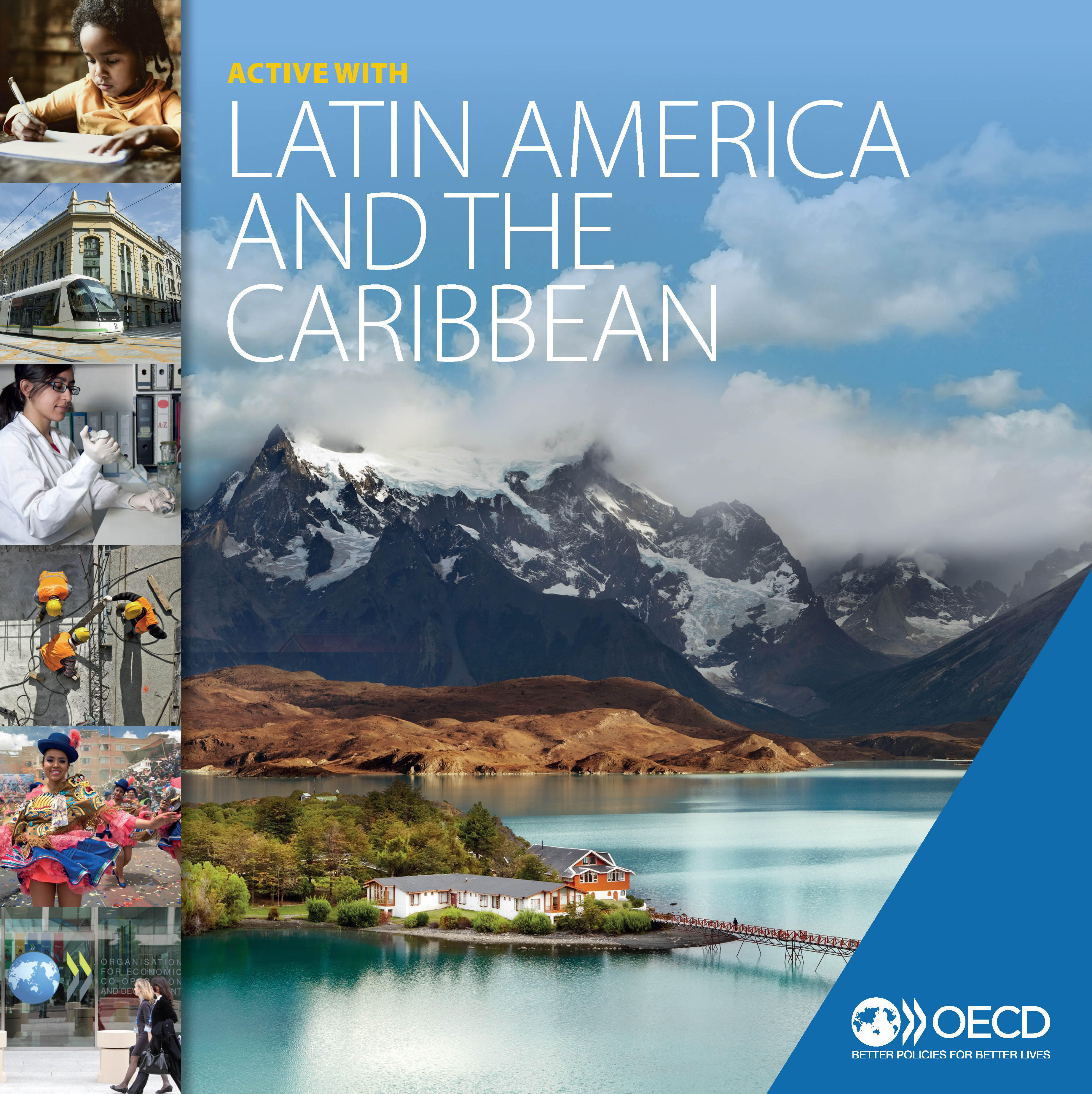Science, Technology and Innovation Policies for Development: The Latin American Experience
Free download. Book file PDF easily for everyone and every device. You can download and read online Science, Technology and Innovation Policies for Development: The Latin American Experience file PDF Book only if you are registered here. And also you can download or read online all Book PDF file that related with Science, Technology and Innovation Policies for Development: The Latin American Experience book. Happy reading Science, Technology and Innovation Policies for Development: The Latin American Experience Bookeveryone. Download file Free Book PDF Science, Technology and Innovation Policies for Development: The Latin American Experience at Complete PDF Library. This Book have some digital formats such us :paperbook, ebook, kindle, epub, fb2 and another formats. Here is The CompletePDF Book Library. It's free to register here to get Book file PDF Science, Technology and Innovation Policies for Development: The Latin American Experience Pocket Guide.
Contents:
Collects the experiences of eight Latin American countries with different approaches regarding STI policy to chart the evolution of the policy making process in. Science, Technology and Innovation Policies for Development. The Latin American Experience. ▷Collects the experiences of eight Latin American countries.
Delivery not available. Pickup not available. This book examines the implementation of science, technology and innovation STI policy in eight Latin American countries and the different paths these policies have taken.
Latin America and the Caribbean
It offers recommendations emerging from cases from within this region. About This Item We aim to show you accurate product information. Manufacturers, suppliers and others provide what you see here, and we have not verified it.
- The Butchers Trail: How the Search for Balkan War Criminals Became the Worlds Most Successful Manhunt?
- Customer Reviews!
- Sebastián Rovira – CLT .
See our disclaimer. Science, Technology and Innovation Policies for Development. Specifications Publisher Springer International Publishing. Customer Reviews. Write a review. See any care plans, options and policies that may be associated with this product.
- The Battle for Britain: Citizenship and Ideology in the Second World War?
- Fortune (Vol. 156, No. 4, August 2007)?
- Topoi (collected papers)?
Email address. Please enter a valid email address. A bibliometric analysis of leading universities in innovation research. Christensen, C. The innovator's dilemma: when new technologies cause great firms to fail. Cambridge: Harvard Business Review Press. Collazo-Reyes, F. Growth of the number of indexed journals of Latin America and the Caribbean: the effect on the impact of each country. Scientometrics, 98 1 , Crespi G. Berlin: Springer. Science in America Latina: a comparison of bibliometric and scientific-technical indicators.
Regional Scientific Education and the Integration of Latin America
Scientometrics, 46 2 , Dosi, G. Technological paradigms and technological trajectories. Research Policy, 11 3 , — Fagerberg, J. Innovation studies - The emerging structure of a new scientific field. Research Policy, 38 2 , — Christopher Freeman: social science entrepreneur.
Research Policy, 40 7 , Innovation: Exploring the knowledge base.

Research Policy, 41 7 , — Godin, B. Minerva, 52 4 , International Monetary Fund World Economic Outlook Washington, D. Katz, J.
Domestic technological innovations and dynamic comparative advantage: further reflections on a comparative case-study program. Journal of Development Economics, 16 , Introduction: innovation in Latin America. Lazzarotti, F. A bibliometric study of innovation based on Schumpeter.
Full text issues
Lundvall, B. Martin, B. Twenty challenges for innovation studies. Science and Public Policy, 43 3 , Negri, F. Brasilia: Ipea. Nelson, R.
Recommended for you
An Evolutionary Theory of Economic Change. Olavarrieta, S. Since the pioneering work of Solow , it has been recognized that innovation is critical for economic growth both in developed and in less-developed countries.
Unfortunately Latin America lags behind world trends, and although over the last 20 years the region has established a more stable and certain macroeconomic regime, it is also clear that these changes have not been enough to trigger a process of innovation and productivity to catch-up. Against this rather grim scenario there is some optimism emerging throughout the region.
Overcoming local search through alliances and mobility. Profiting from Technological Innovation: Implications for integration, collaboration, licensing and public policy. Bacha, Edmar and Bonelli, Regis Research Policy , 41 7 , Brazil 15 22 Figueiredo, P.
After many years of inaction the region has begun to invest in science, technology and engineering once again. Furthermore, after many changes in innovation policy frameworks, there is now an emerging consensus on the need for a solution to coordination failures that hinder the interaction between supply and demand. Offering an informative and analytic insight into STI policymaking within Latin America, this book can be used by students, researchers and practitioners who are interested in the design and implementation of innovation policies. This book also intends to encourage discussion and collaboration amongst current policy makers within the region.
She holds a PhD.
- Theoretical Neuroscience - Computational and Mat
- Business Continuity Planning: A Step By Step Guide
- Next-Generation Batteries and Fuel Cells for Commercial, Military, and Space Applications
- The Benefactor
- iOS 9 Programming Fundamentals with Swift: Swift, Xcode, and Cocoa Basics
- Biblical Peoples And Ethnicity: An Archaeological Study of Egyptians, Canaanites, Philistines, And Early Israel 1300-1100 B.C.E